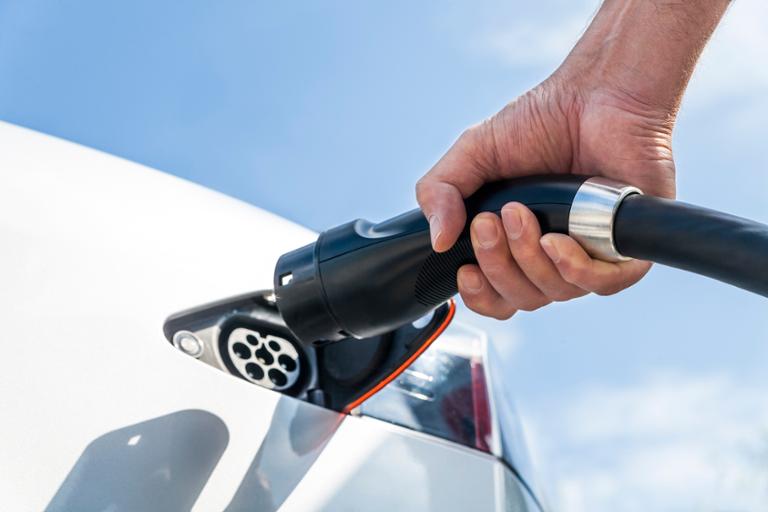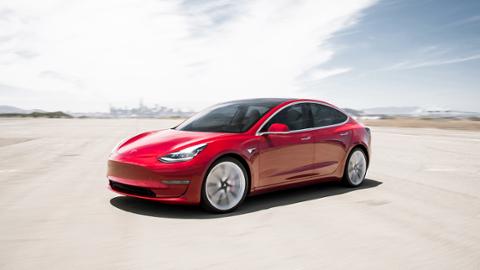Once upon a time, it seemed as if Tesla had the electric vehicle (EV) market largely to itself. But once the company proved there was a substantial market for EVs, other auto manufacturers and tech startups began rolling out their own battery-powered trucks and cars. How is this rising rivalry impacting the compensation for software engineers at these companies?
For an answer, we can turn to levels.fyi, which crowdsources compensation data for a wide range of companies. As we’ve noted before, crowdsourcing isn’t always the most accurate way of determining compensation at companies; however, given the website’s sample sizes, we’re largely comfortable with its salary, bonus, and stock ranges. With all that in mind, here’s a breakdown of entry-level software engineers’ compensation at Tesla, General Motors, Ford, Rivian (an EV startup) and Cruise (a self-driving startup):
What can we conclude from this? The newer companies (Tesla, Cruise, and Rivian) pay significantly more for software engineering talent than the older, storied auto companies (General Motors and Ford). At first glance, it’s easy to blame the gap on the newer companies’ need to draw and retain vital talent, particularly in highly specialized areas such as electric vehicle design and automated driving software; however, the traditional automakers have a growing need for that kind of talent, too, and they have the revenue to pay for it.
It’s also tempting to cite geography as a key reason behind the gap. After all, Tesla, Rivian and Cruise are all based in California, a tech hub where salaries (and the cost of living) tend to be significantly higher than in other parts of the country, while Ford and GM are headquartered in Michigan, where salaries tend to be lower. But that doesn’t fully explain things, either, especially when you consider a.) how Ford and GM have established expensive outposts in Silicon Valley over the past few years, which would theoretically boost software engineers’ salaries in aggregate and b.) the need for specialized talent should override any geographic impacts on salary.
As auto companies integrate more sophisticated software into their tech stacks and products, they’ll need increasingly specialized developers and engineers who can deliver the right code, often on tight deadlines. While there are some significant gaps between what the various auto manufacturers and startups pay their engineers, chances are good that overall compensation for this role will keep rising for years to come.



